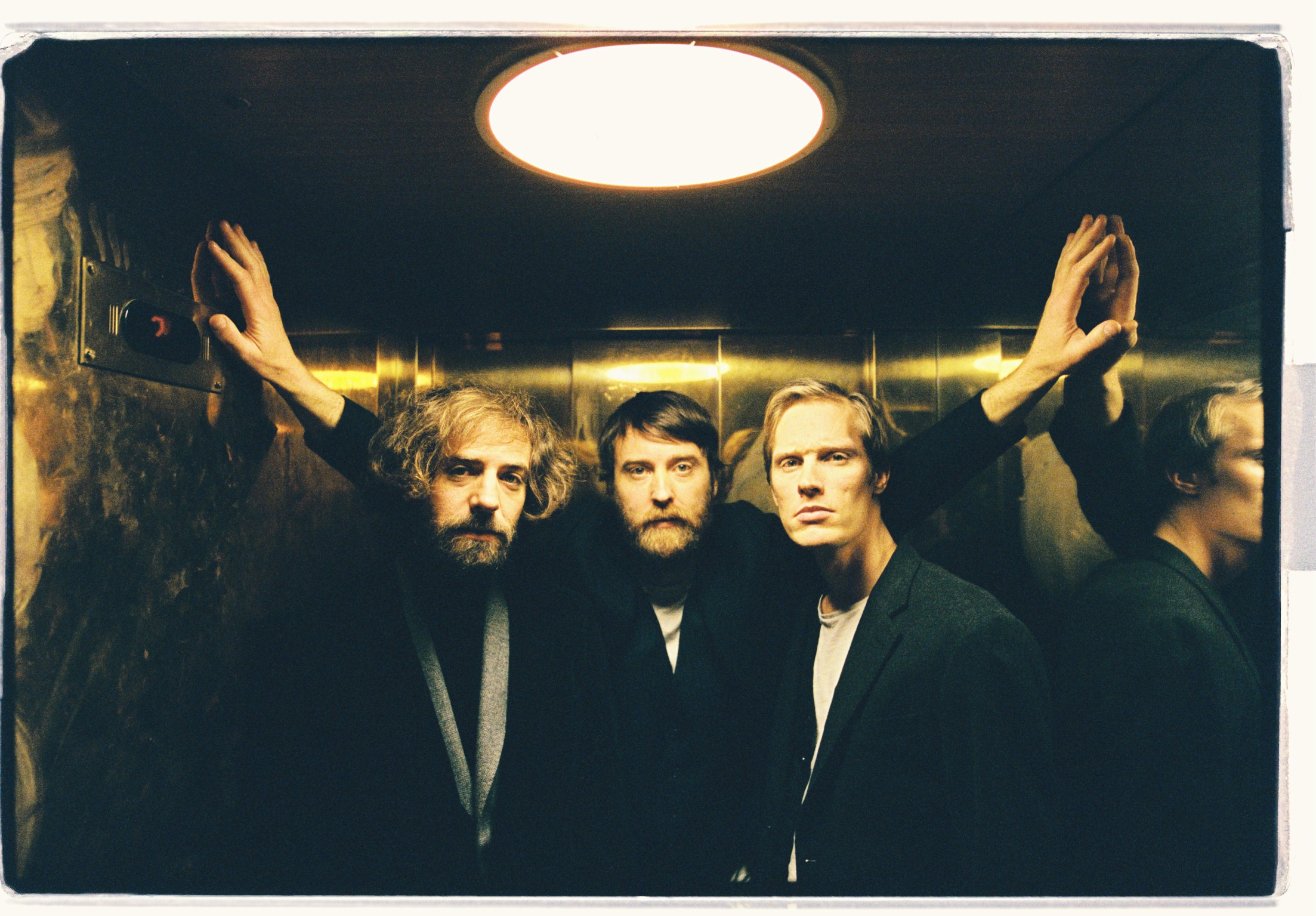Label (excl. Italy)
Barbarisms’ fourth album “Zugzwang” is a spacious travelogue that traverses heartbreak, spiritual homelessness and the irresistibility of attempting to avoid your problems. The album name describes a situation in chess where a player is compelled to make a move, but no matter what move is made it will hurt them. The album is far more inviting than its name might suggest, it is an expansive affair, marking the band’s warmest and darkest offering to date. It is a record for the lonesome and broken moments when quiet companionship and spirit lifting candour are most needed.
Even with three albums released already (“Barbarisms” (2014), Browser (2016), West in the Head (2018)), both the writing and recording process for Zugzwang marked new territory for Barbarisms. Coming back together to record the album after Faraone had been touring solo in Canada and Europe, it was an opportunity to rediscover themselves as a band and in many ways come back to their first principles. Formed in Stockholm when two experienced Swedish musicians, Tom Skantze and Robin Af Ekenstam, met the prolific writer, but musically inexperienced, American Nicholas Faraone. “We found that when they played down to me and I played up to them interesting things tended to happen” says Faraone. While “Zugzwang” sees a mellowing of the more jangling arrangements found on previous records there is a greater focus on the conversation between music and lyrics. Built around live takes with voice and nylon string guitar at the centre, Skantze and Af Ekenstam play with sensitivity and restraint. While the songs describe a series of separations and feeling of uprootedness Farone’s vocals are embraced by the harmonies of Swedish singers Alice Bowman and Simon Stahlhamre as well as Canadians Ellen Froese and Campbell Woods.
Despite the effortless sound of “Zugzwang”, the album was born from a period of intense difficulty for lead singer Nicholas Faraone, who unable to write was aimlessly travelling across Europe on trains after the breakdown of a long term relationship. On “Trains and Horses” Faraone explores his isolated state, plagued by chronic migraines, distracting himself by alternately studying chess manuals and the tabloid magazines left behind by other travellers, “If it weren’t for trains and horses, I would have blown my migraine out”. On his subsequent solo tours to Canada and Europe, things started to shift for Faraone but the struggle to write persisted until the release of David Berman’s Purple Mountains record. This record ultimately lent Faraone the courage to approach loss and regret more explicitly than he’d ever attempted before. This nakedness is most clearly heard on the album opener “I Want to Change My Mind”. On writing the song, Faraone says, “Because I was at a loss for words I started singing the most cliched blues line imaginable, and I noticed my tongue wasn’t in my cheek. I realized it was the first true thing I’d said in a while, so I kept going. And then the picture of a hotel Canada came to mind. It was the last hotel we had stopped on our tour and to me it was one of these ‘End of the Road’ type destinations. And then I started imagining that I had simply stayed at ‘The Imperial Inn / Boston Chinese Restaurant’”.
The Imperial Inn / Boston Chinese Restaurant is just one of the places we go on “Zugzwang”. In “Central Stockholm”, the last track written for the album, Faraone says goodbye to his home town of years. Leaning into his experience touring with Canadians Faraone gives us “Spiritual Saskatchewan”, saying “Traveling with two people from Saskatchewan had put all kinds of romantic images of horse farms, rolling hills and wide open spaces in my head – a sort of figurative territory of healing”. The album is not without its darker moment, in particular the vulnerability of Faraone’s vocals on “Wooden Nickels” is something to be savoured as the song traces the bitterness of a breakup. The lighter sounding but devastating “Clean Evil” showcases Faraone’s strength as a writer. The song begins with the question “Am I home now? I do not know how I could never be sure again”, but not content to stop there, he goes on to confront his identity.
Upon returning to Sweden to complete the album, Faraone stayed with artist Jan Håfström at a farm house, a couple hours north of Stockholm. Faraone found himself writing in a huge barn that had been converted to fit the needs of the painter. Surrounded by a new series of Håfstöm saws and skulls, Faraone started littering the floor and tables with pages of lyrics. When a certain lyric would catch Håfstöm’s eye he painted them into talk bubbles. Then when the band came out to the farm house to play through the new songs, Håfstöm listened and painted the album cover and artwork.
Though “Zugzwang” was formed in the wake of a breakup it is far more than a breakup album. For Faraone it was also the question about whether and how to write again. Fortunately for us he was able to find a way forward and in doing so has crafted a panacea for those dark and lonely times when you “run out of favours and out of kind words” for anyone, including yourself.

